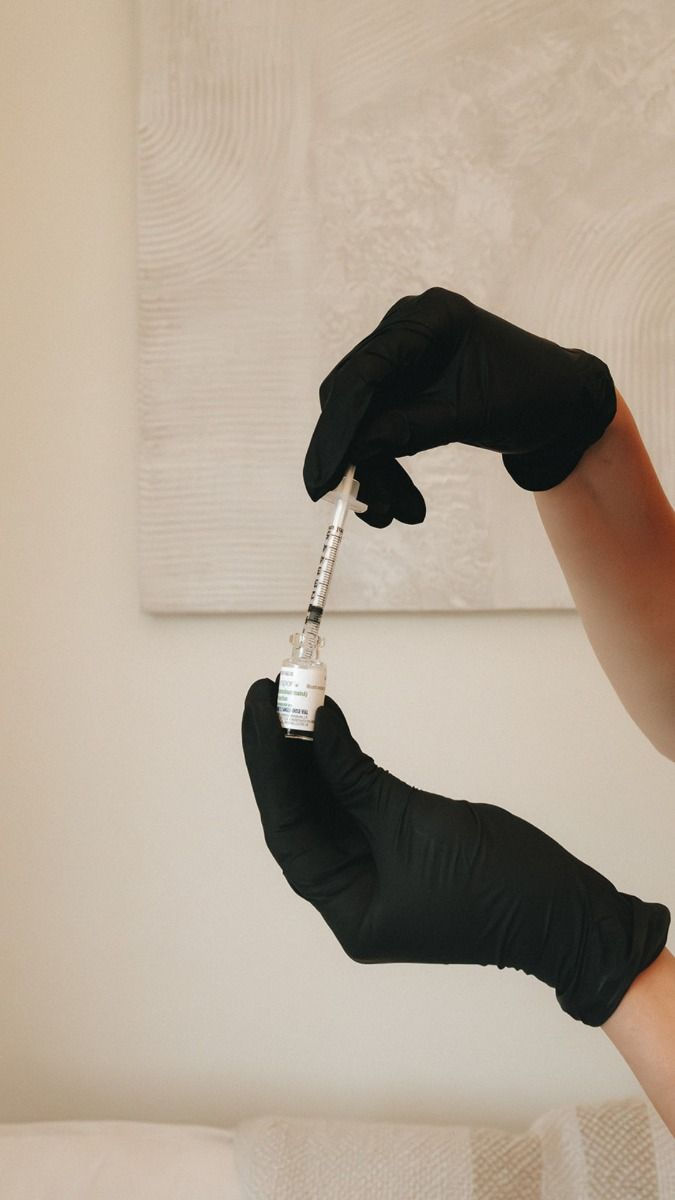Understanding Acne: Causes, Types, and Effective Treatments
- jessieandersonrn
- Apr 14, 2025
- 3 min read
Acne is one of the most common skin conditions, affecting people of all ages. While often associated with adolescence, acne can persist well into adulthood, causing both physical and emotional distress. Understanding its causes, types, and the right treatment options can help in achieving clear, healthy skin.
What is Acne?
Acne is a skin condition that occurs when hair follicles become clogged with oil (sebum) and dead skin cells. This blockage creates an environment where bacteria thrive, leading to inflammation and breakouts. Factors such as hormonal fluctuations, genetics, diet, stress, and improper skincare can contribute to acne development.

Types of Acne
Acne manifests in different forms, each requiring a tailored approach for effective management:
1. Comedonal Acne
This includes blackheads and whiteheads, which occur when pores become clogged without inflammation.
2. Papules and Pustules
These are red, inflamed bumps present in the epidermis that may or may not contain pus.
3. Nodules and Cysts
Severe, painful, and deep breakouts that often lead to scarring if not managed appropriated and in a timely manner.
4. Hormonal Acne
Typically occurs around the lower face, commonly the jawline and chin, due to hormonal imbalances, particularly in women. Changes in hormones due to adolescence, pregnancy and menopause may cause these changes in the skin.
5. Fungal Acne
Caused by an overgrowth of yeast rather than bacteria, leading to small, itchy bumps.
The Importance of Correct Skincare
Effective acne management starts with the right skincare routine. Harsh products can strip the skin of its natural oils, causing it to overproduce sebum and can sometimes even worsen acne. Stripping the skin will also lead to barrier disfunction and trans epidermal water loss (TEWL) which can cause further inflammation, dryness and irritation.
Using targeted treatments with ingredients like salicylic acid, benzoyl peroxide, or niacinamide, and maintaining adequate hydration are key steps to clearer skin.
Advanced Acne Treatments
While a good skincare regimen is crucial, in-clinic treatments can enhance results and help in managing stubborn or severe acne. Some of the most effective professional treatments include:

Chemical Peels
Chemical peels involve the application of a solution that exfoliates the skin, promoting cell turnover and unclogging pores. These peels may contain ingredients such as salicylic acid, glycolic acid, retinoic acid, lactic acid or mandelic acid. Depending on the type of acne being treated, these acids can reduce acne lesions, improve skin texture, and fade post-inflammatory hyperpigmentation.
Treatments are performed every 2-4 weeks & a course of 3-6 sessions may be required.
Healite II LED Therapy
Healite II is an advanced LED light therapy that uses low-level light energy to stimulate cellular repair and reduce inflammation.
Blue light (415nm) targets and kills p.acne bacteria by interacting with porphyrins that trigger a reaction. Blue light therapy is an ideal choice for those suffering with painful, pustular acne, as the treatment is very comfortable and even relaxing!
Following a Blue light LED treatment, Near-Infrared light (830nm) is then applied to improve cellular metabolism, reduce inflammation and promote tissue repair.
This non-invasive treatment helps to accelerate the skin’s natural healing process and is suitable for even the most sensitive skin types.
Treatment is performed 2-3x per week for 4-6 weeks.
*Healite II LED may also be used in conjunction with chemical peels and microneedling.
Microneedling
Microneedling creates controlled micro-injuries in the skin, stimulating collagen production and aiding in the reduction of acne scars. By enhancing the skin’s natural repair mechanisms, microneedling improves skin texture and reduces hyperpigmentation. When combined with serums or growth factors, the results can be significantly enhanced.
Treatment is performed 4-6 weeks apart, for a minimum of 4 sessions


Final thoughts...
Acne can be an incredibly frustrating and persistent condition, but with the right skincare and professional treatments, clearer skin is achievable. A combination of tailored home care and in-clinic procedures can help manage breakouts and improve skin health. Consulting with a professional ensures that not only is a tailored approach maintained, but continual assessments at each appointment are being made with appropriate adjustments as required. This will lead to long-term results and confidence in your skin.
If you’re struggling with acne and looking for expert solutions, book a consultation today to start your journey toward healthy, radiant skin!
Disclaimer: This information is for general educational purposes and does not replace professional medical advice. Always consult a qualified healthcare provider for personalised recommendations.











Comments